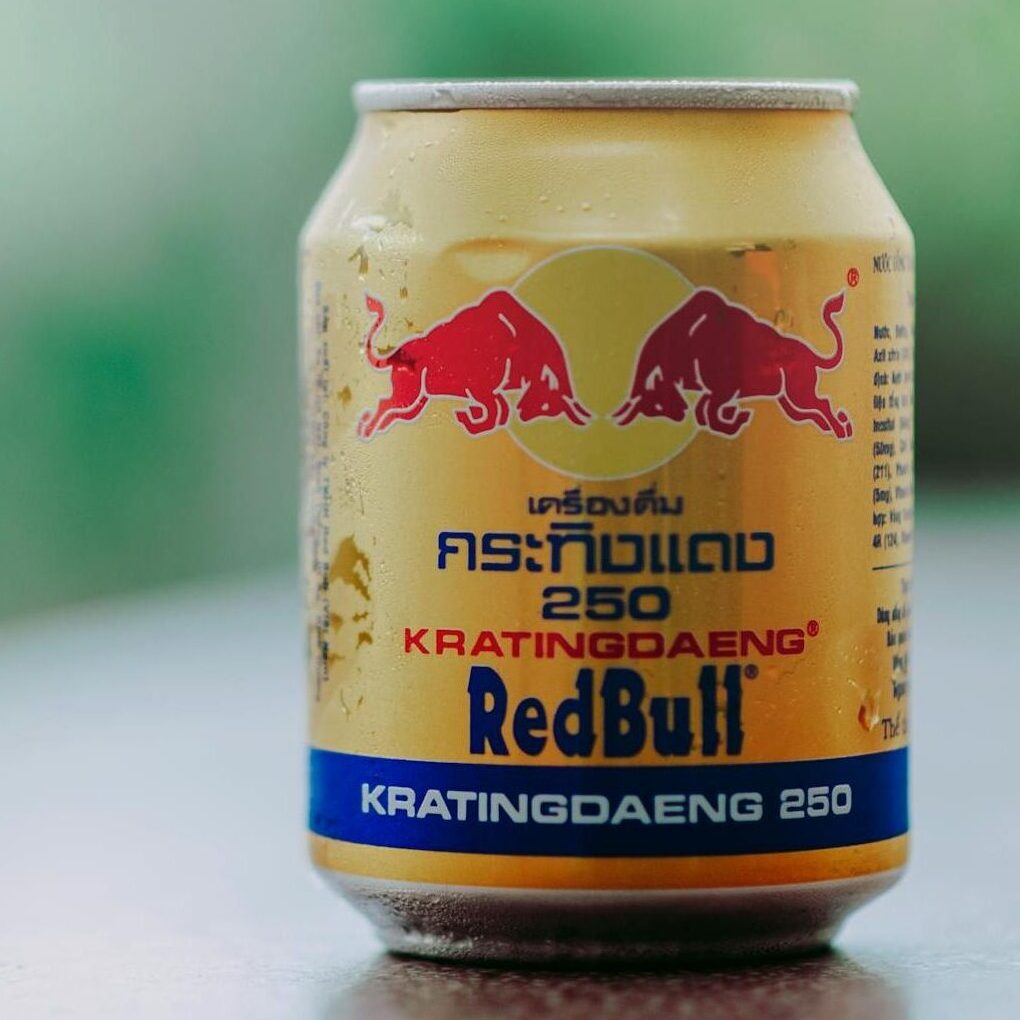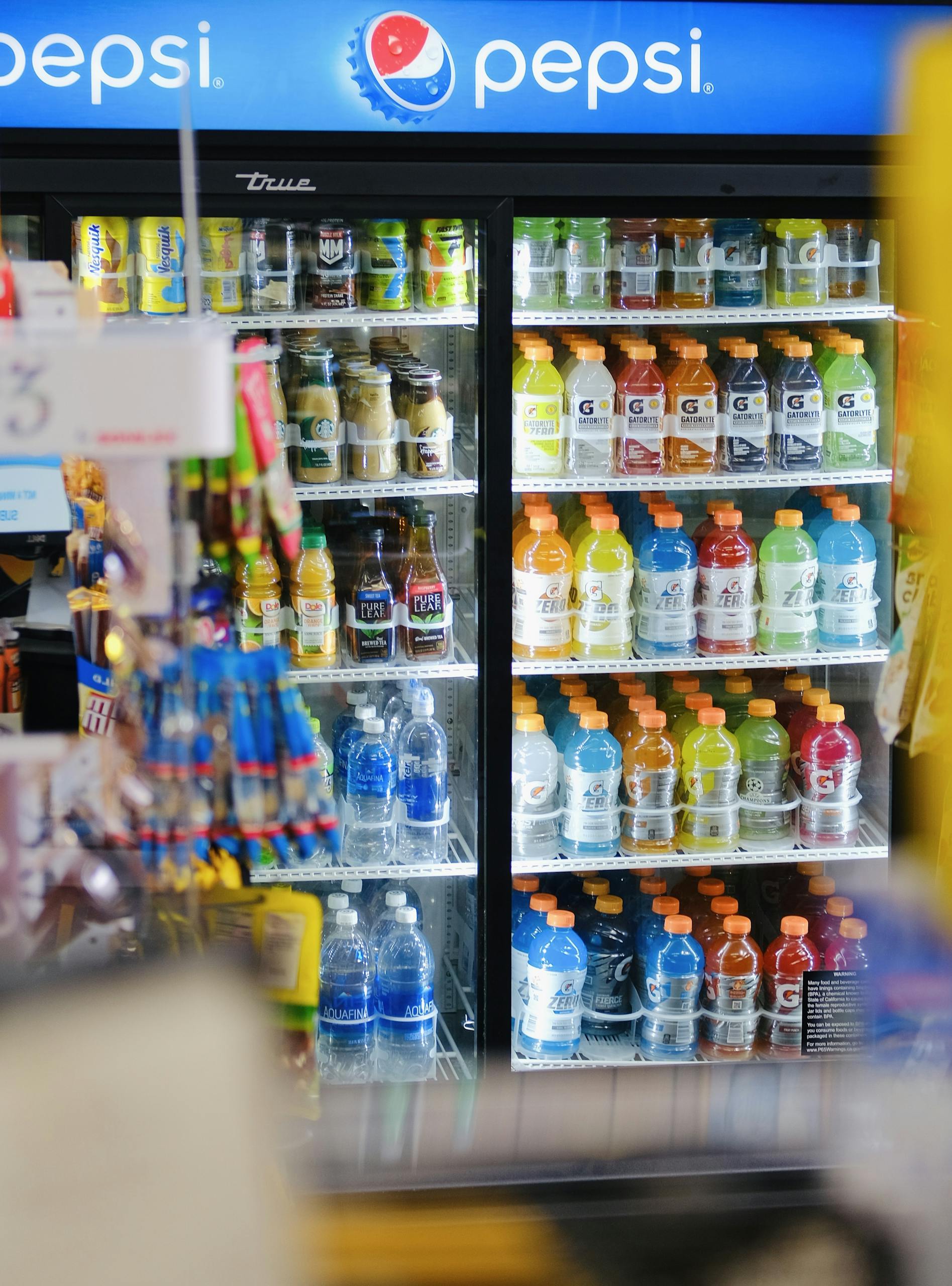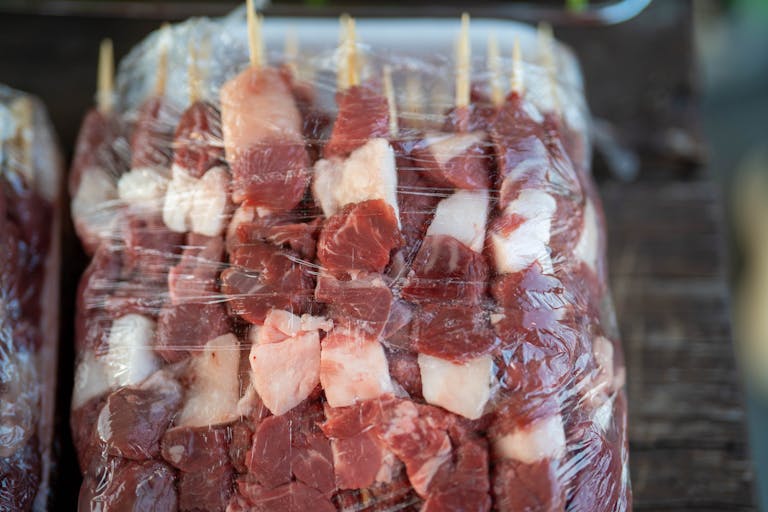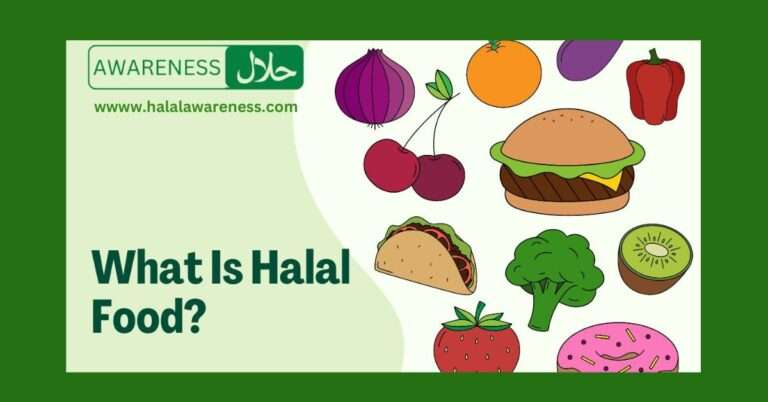⚡ Are Energy Drinks Halal? A Comprehensive Halal Guide
Energy drinks are popular among students, professionals, athletes, and gamers for their instant energy-boosting effects. But as Muslims become more conscious of what they consume, a common and important question arises:
✅ Most energy drinks are halal, but it depends on the ingredients and certifications. Always check for haram additives like alcohol-based flavorings or animal-derived substances.
In this detailed guide, we’ll break down the ingredients, common concerns, and how to verify whether your favorite energy drink complies with Islamic dietary laws.
🔍 What Makes an Energy Drink Halal or Haram?
Islamic dietary laws categorize food and drinks as halal (permissible) or haram (forbidden). The status of energy drinks hinges on their ingredients, manufacturing process, and any alcohol or animal derivatives used.
✅ Criteria for Halal Energy Drinks
- No alcohol or ethanol used as a solvent or flavor base.
- No ingredients derived from haram animals (like pig gelatin).
- Caffeine and sugar must not exceed harmful levels.
- Must be free from cross-contamination with haram substances.
- Preferably certified by a recognized halal authority.
❌ Common Ingredients That May Raise Concerns
- Carmine (E120): Made from insects.
- Flavorings: Alcohol-based solvents used in artificial flavors.
- Taurine: If synthetically made, usually halal. If animal-based, needs scrutiny.
- Glycerin and emulsifiers: Can be plant- or animal-derived.

🧪 Ingredients Deep Dive: Are They Halal-Compliant?
Let’s look into the most common ingredients found in energy drinks and their halal status.
🧬 1. Caffeine
- Halal status: ✅ Halal
- Found in coffee, tea, and cocoa, caffeine is a naturally occurring stimulant.
🍬 2. Sugar & Sweeteners
- Halal status: ✅ Usually Halal
- Unless processed with bone char (animal bones), most sugars and artificial sweeteners are permissible.
💊 3. Taurine
- Halal status: ⚠️ Depends
- Synthetic taurine: Halal
- Animal-derived taurine: Potentially haram if from non-zabiha animals.
🌿 4. Herbal Extracts (e.g., ginseng, guarana)
- Halal status: ✅ Halal if alcohol-free
- These are often plant-based and permissible, but the extraction process should not involve alcohol.
🧪 5. Flavorings
- Halal status: ⚠️ Often Suspicious
- Many artificial or natural flavorings use ethanol as a solvent. These require halal certification.
🏷️ Popular Energy Drink Brands: Are They Halal?
🥤 Red Bull
- Halal Certified? ✅ In many countries (including Malaysia, UAE, Pakistan)
- Alcohol-Free? ✅ Yes
🥤 Monster Energy
- Halal Certified? ❌ Not certified
- Ingredients: No alcohol, but no halal logo. Taurine is synthetic.
🥤 Rockstar Energy
- Halal Certified? ❌ Not officially
- Concern: Flavorings and emulsifiers may need clarification
🥤 Bang Energy
- Halal Certified? ❌ No
- Contains: Creatine, CoQ10, synthetic caffeine — may be halal, but lacks certification.
🥤 5-Hour Energy Shot
- Halal Certified? ❌ No
- Concern: Flavorings and preservatives
✅ Safer Halal Alternatives
- Red Bull (Halal Certified versions)
- Barbican Energy Drink (GCC markets)
- Halal-certified local brands (e.g., in Malaysia, UAE, Indonesia)
🛑 Alcohol in Flavorings: A Hidden Concern
Many energy drinks are “alcohol-free” in a traditional sense, but may still use ethanol in flavor extracts. Scholars differ slightly on this:
- Majority opinion: Small trace amounts of ethanol (used only in processing, not intoxicating) may be tolerated if they don’t intoxicate and don’t originate from khamr (intoxicating liquor).
- Stricter opinion: Completely avoid any ethanol usage.
Tip: Look for brands with proper halal certification to avoid confusion.
🧾 How to Check If an Energy Drink Is Halal

Here are simple steps to help verify the halal status:
- Check for a halal logo from a certified authority (e.g., IFANCA, JAKIM, SANHA).
- Read the ingredients list carefully.
- Search for company statements on their official websites.
- Avoid if unsure about any ingredient or flavoring origin.
📚 What Do Islamic Scholars Say About Energy Drinks?
🕌 General Consensus
- Permissible if free from haram ingredients.
- Overconsumption is discouraged due to potential health risks.
🧠 Health Concerns from a Shariah Perspective
- If something is harmful to the body, it may become makruh (discouraged) or even haram.
“Do not harm yourselves or others.” — Prophet Muhammad (ﷺ), Sunan Ibn Majah 2340
So while halal certification is crucial, Muslims are also advised to consume energy drinks moderately.
🏁 Conclusion: Should Muslims Drink Energy Drinks?
Most energy drinks are likely halal, especially those that:
- Do not contain ethanol-based flavorings
- Use synthetic or plant-based ingredients
- Are certified by a halal authority
However, always verify the ingredients and certification, and avoid brands that are ambiguous or vague about their formulations.
Consume energy drinks wisely and in moderation to stay within the ethical and health-conscious boundaries of Islam.
❓ FAQs
Is Red Bull Halal in the USA?
It is not halal-certified in the U.S., but the ingredients are usually halal. Always verify with the manufacturer.
Are sugar-free energy drinks halal?
If sweeteners and flavorings are alcohol-free and plant-based, they are generally halal.
Why do some scholars discourage energy drinks?
Due to health risks like high sugar and caffeine content. Islam encourages safeguarding health.







